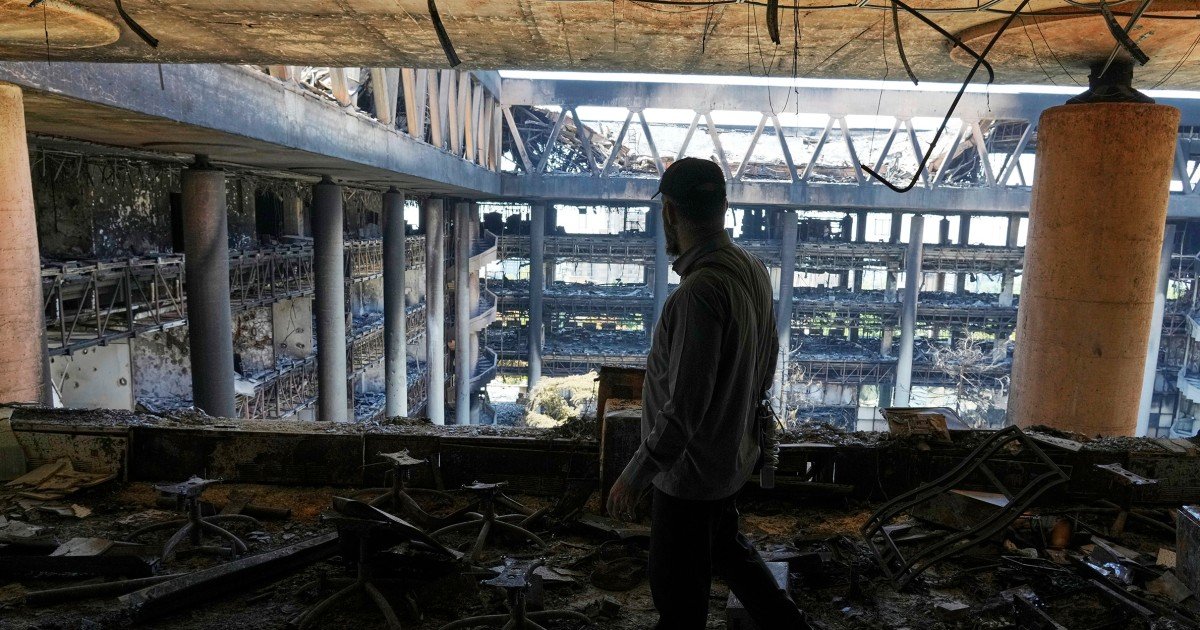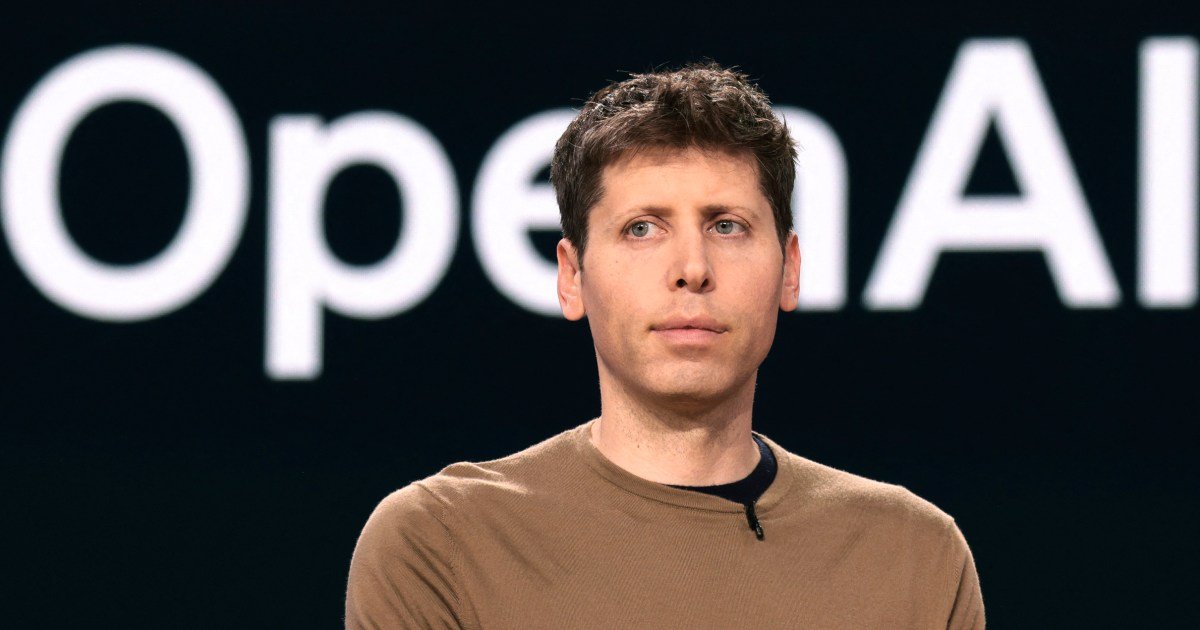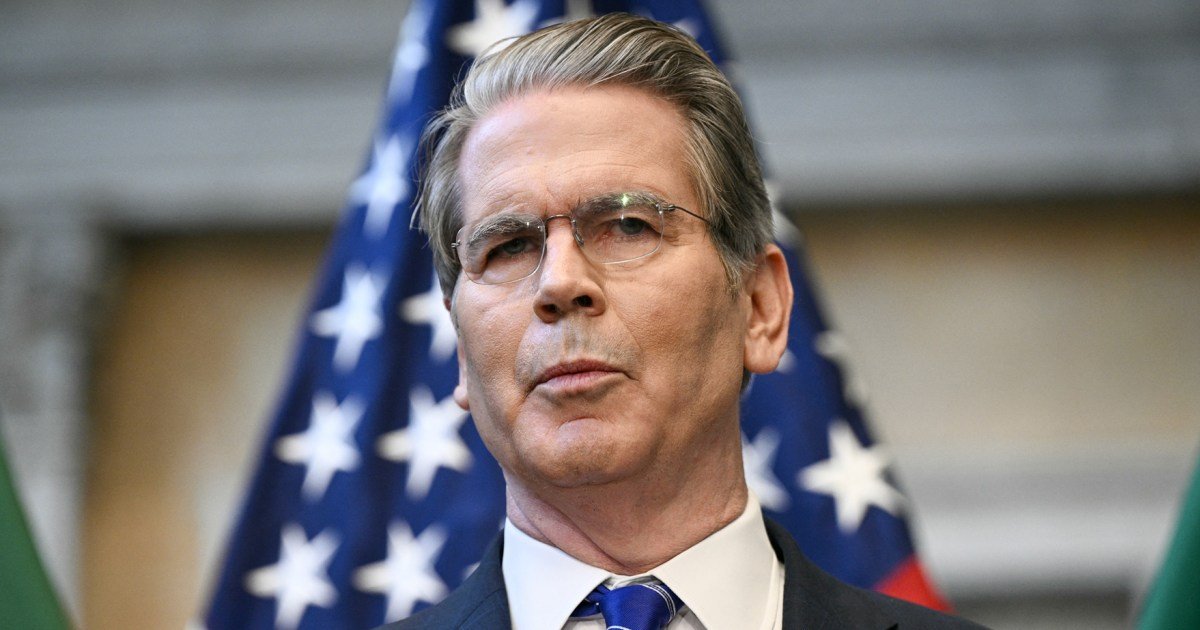“Everything happened very fast. I didn’t expect that. We listened to some combat planes, we saw some air defense systems shooting objects that were probably drones,” he said. “We are all terrified and we don’t know what to predict, but we don’t want this war.”
As the first explosions came out, people began sending panic messages to their relatives abroad.
Azam Jangravi, an Iranian human rights defender who lives in Canada, showed NBC News the texts he received from his cousin, Donya, 17, in Tehran.
“It’s so scary,” the girl wrote. “While the call to prayer is transmitted, you keep listening to these auges, one after another.”
Like Jangravi, thousands of Iranians abroad have anxiously trying to reach their relatives at home, but with very little luck. Communications are irregular and increasingly difficult.
According to the Netblocks site, which monitors Internet access worldwide, on Thursday there was an almost total Internet blackout in the country, since the Iranian authorities have closed the network.
For Jangravi, the Iranians are being trapped between two sides at war.
“Two governments are fighting in our land,” he said. “In the first days of the war, people were happy because they thought they would kill Khamenei, but at this time they have no hope,” he said referring to the supreme leader Ayatollah Ali Khamenei.









